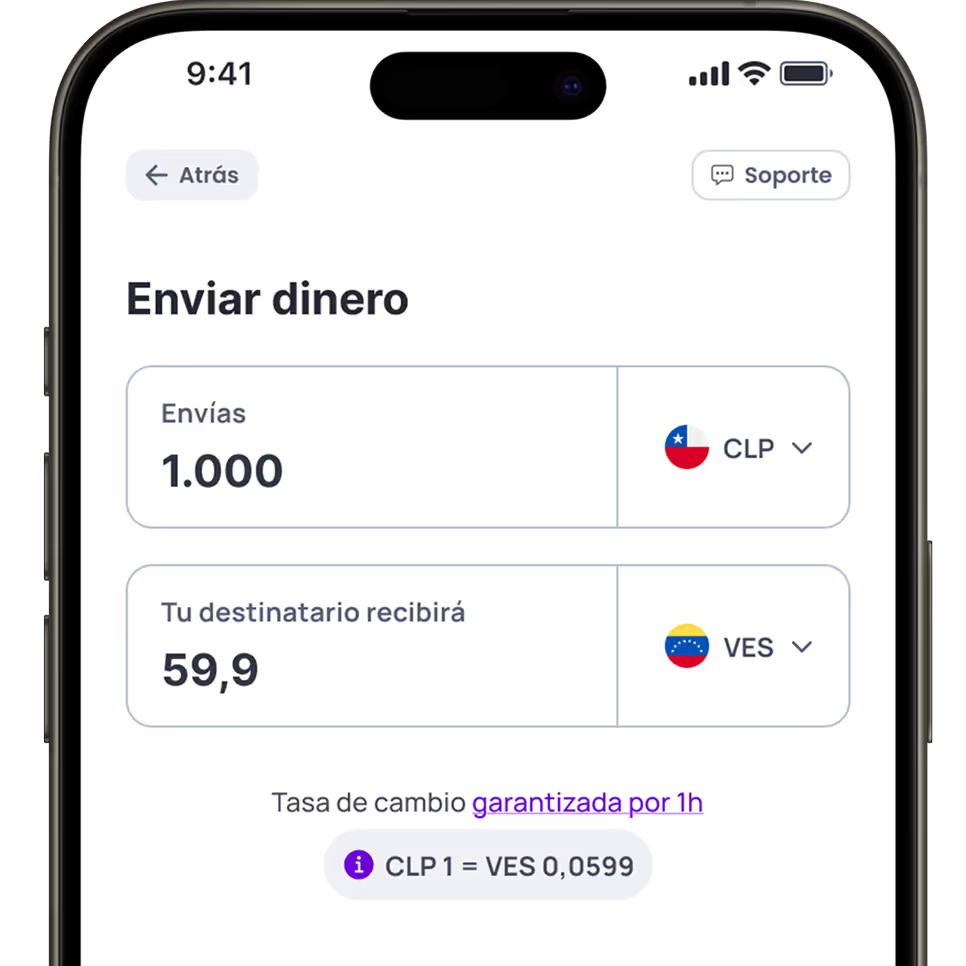Living in a new country can be a huge challenge, and one of the biggest obstacles is often the language. Learning the local language not only opens up work and social doors for you, but it also improves your emotional well-being and your integration into the community. But how do you do it without spending a lot of money? In this article, we will tell you practical and effective keys.
Why is it important to learn the local language?
According to data from the National Institute of Statistics (INE), more than 75% of migrants in Spain consider that language is the main challenge to integrate. Not proficient in the language can limit access to employment, health services, education and social relationships.
Speaking the language allows you to:
- Access better job opportunities.
- Understand your legal rights and duties.
- Connect with neighbors, co-workers and new friends.
- Get more out of the local culture.
Take advantage of the free resources available
Public libraries, NGOs and schools often offer free or low-cost courses for migrants. These courses are oriented to everyday life and are ideal for starting to develop quickly.
Use technology to your advantage
Nowadays there are applications that allow you to learn a language almost without spending anything. Some recommended ones:
- Duolingo: Ideal for beginners.
- Tandem or HelloTalk: They allow exchanges with native speakers.
- youtube: Some channels or profiles offer free lessons.
You can also follow Instagram or TikTok accounts dedicated to teaching local vocabulary and expressions.
Tip: Create a 10-minute daily routine by practicing the language. Even if you don't understand everything, your ear will get used to it little by little.
Immerse yourself in the language
The best way to learn is to surround yourself with the language:
- Listen to local radio or television, even if you don't understand everything.
- Change the language of your mobile phone or social networks.
- Go shopping, to the doctor or to the bank without a translator, little by little you will lose your fear.
Stunt: Write down all the new words you see and search for their meaning when you have the time.
Practice with other people
Oral practice is essential. Some tips:
- Join language exchanges (tandems) in your city.
- Talk to neighbors or colleagues even if you don't have much security.
- Look for groups on social networks where the language is spoken.
Don't be afraid to make a mistake. That's how you learn!
Establish small routines and goals
Learning a language takes time. You don't need to study 3 hours a day. Constancy is enough:
- Dedicate at least 15-20 minutes a day.
- Define weekly goals (for example, “I'll learn 10 new words this week”).
Using learning techniques such as spaced repetition or mind maps can accelerate your progress.
Don't underestimate the power of motivation
Remember your reason for learning the language: to improve your life, to access more opportunities, to feel part of the new country. Place motivational phrases where you see them daily and celebrate your progress, no matter how small.
Stay connected to your family and culture of origin
Learning a new language doesn't mean forgetting your roots. Keeping in touch with your loved ones and supporting them from a distance is essential for your emotional well-being.
Return they allow you to send money immediately, safely and without hidden fees to your family members in countries such as Venezuela, Colombia, Peru or Argentina. Not only does this strengthen family ties, but it also gives you peace of mind knowing that you can help them when they need it wherever you are.


Tu dinero llegará en un parpadeo
Con Retorna, tus envíos llegan en minutos.
Tan fácil como enviar un mensaje por WhatsApp. Haz tu envío en pocos clics y tu dinero llegará rápido, seguro y sin complicaciones.









